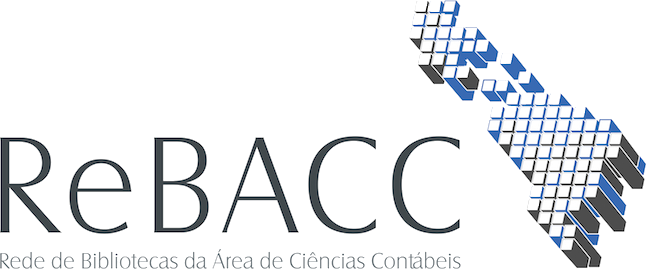Use este identificador para citar ou linkar para este item:
http://rebacc.crcrj.org.br/handle/123456789/7032Registro completo de metadados
| Campo DC | Valor | Idioma |
|---|---|---|
| dc.creator | Jack, Lisa | - |
| dc.date | 2017-09-01 | - |
| dc.date.accessioned | 2020-08-13T19:05:58Z | - |
| dc.date.available | 2020-08-13T19:05:58Z | - |
| dc.identifier | http://asaa.anpcont.org.br/index.php/asaa/article/view/373 | - |
| dc.identifier.uri | http://rebacc.crcrj.org.br/handle/123456789/7032 | - |
| dc.description | Strong structuration theory is a recent development in social theory that, among other attributes, makes the gap between ontological concepts and empirical research easier to negotiate. Giddens’ structuration theory is a developed ontology-in-general explaining at an abstract level how structure and agency are interrelated, being a duality in which neither can exist without the other. Strong structuration is a development of structuration theory that retains duality of structure but has a greater sense of ontology-in-situ (that is, a concern with social processes and events at particular times and places) to counteract the overly abstract and philosophical nature of Giddens’ work. In this essay, I set out three reasons why I believe that strong structuration theory is particularly suited to qualitative empirical research in management accounting. These are that it encourages and reminds researchers to use up to date scholarship from other disciplines in their research; that it refocuses research on agency and the intended and unintended effects that individual people have on structures; and that it encourages research design that have the intention of building new theoretical insights. A review of the small body of accounting research that has so far used strong structuration theory shows that researchers are using innovative approaches, based on Stones’ (2005) and later work, to investigate the relationships between different actors and their knowledge of the contexts which they inhabit to understand why accounting is done in the way it is, and the extent to which change is possible. The next step in this area of research is to consider the concept of active agency within the theory more closely, and in particular, to examine communication in management accounting as active agency. | - |
| dc.format | application/pdf | - |
| dc.language | por | - |
| dc.publisher | AnpCONT | - |
| dc.relation | http://asaa.anpcont.org.br/index.php/asaa/article/view/373/185 | - |
| dc.rights | Direitos autorais 2017 Advances in Scientific and Applied Accounting | - |
| dc.source | Advances in Scientific and Applied Accounting; Edição Especial, v. 10, n. 2, maio-ago (2017); 211-223 | - |
| dc.source | 1983-8611 | - |
| dc.subject | strong structuration theory, management accounting, empirical research | - |
| dc.title | STRONG STRUCTURATION THEORY AND MANAGEMENT ACCOUNTING RESEARCH | - |
| dc.type | info:eu-repo/semantics/article | - |
| dc.type | info:eu-repo/semantics/publishedVersion | - |
| Aparece nas coleções: | Revista ASAA | |
Arquivos associados a este item:
Não existem arquivos associados a este item.
Os itens no repositório estão protegidos por copyright, com todos os direitos reservados, salvo quando é indicado o contrário.

